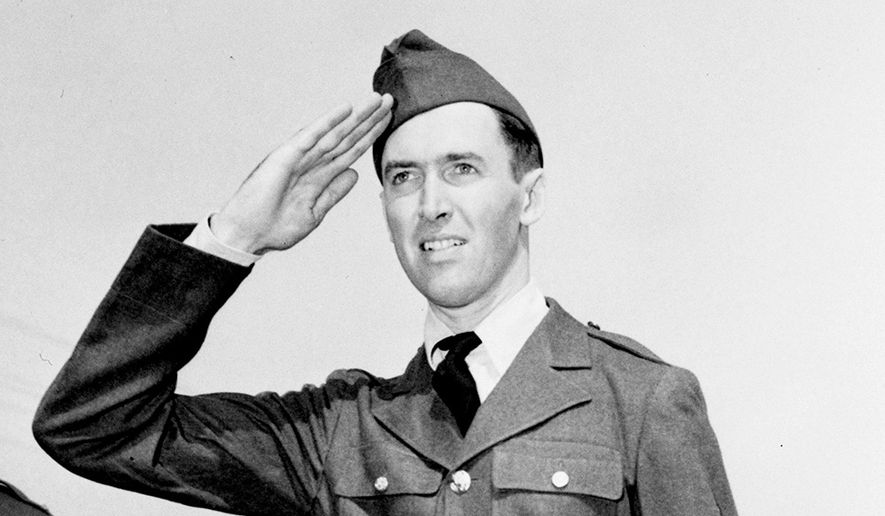OPINION:
Robert De Niro, one of Hollywood’s most notable — and, if truth be told, most talented — actors, took the stage at the Not the White House Correspondents’ Dinner in Washington, D.C., told the televised audience that he “f—ing love[d] fake news,” and then proceeded to bash President Donald Trump as a “lying scumbag” and more.
Ah, Tinsel Town, U.S.A., circa 2019. Remember when Hollywood was great? Classy, even?
For decades, film stars were required to abide by studio-imposed moral codes — the same type of moral codes the studio executives themselves affixed to the films they offered the public.
From 1930 until 1967, Hollywood was guided by The Production Code of the Motion Picture Industry, a somewhat lengthy list of do’s and don’ts that made sure the screens that movie-goers gazed upon weren’t filled with rot that corrupted their minds and hearts. It’s not that the Hollywood of yesteryear was filled with innocents; it’s that the tolerance level in Hollywood for showcasing rot was in tune with society.
Morals actually mattered.
People didn’t want crap sold as entertainment pushed onto the younger generations.
Wholesome was a word that generated praise, not scorn.
From the code’s Preamble: “Motion picture producers recognize the high trust and confidence which have been placed in them by the people of the world and which have made motion pictures a universal form of entertainment. They recognize their responsibility to the public …”
Imagine that. A Hollywood that recognizes its power to influence and shape and mold the minds of the public — and that takes that power as a somber responsibility, not as a gleeful opportunity to degrade and corrupt.
From the General Principles: “No picture shall be produced which will lower the moral standards of those who see it. Hence the sympathy of the audience shall never be thrown to the side of crime, wrong-doing, evil or sin.”
From the Particular Applications: “Brutal killings are not to be presented in detail.”
Well, there goes Quentin Tarantino’s entire career, yes?
From the section titled Sex: “The sanctity of the institution of marriage and the home shall be upheld. Pictures shall not infer that low forms of sex relationship are the accepted or common thing.”
What a joke that’s become to today’s Hollywood.
And here’s a section De Niro could stand to read — “Obscenity: Obscenity in word, gesture, reference, song, joke or by suggestion (even when likely to be understood only by part of the audience) is forbidden.”
The code, at first strictly enforced, faded through the years due to changing times, button-pushing directors, the competition from television and, ultimately, court challenges over First Amendment issues. It was ultimately replaced by the film rating system.
But it wasn’t really the code that made Hollywood great. It was the fact that those working in Hollywood actually seemed to like and respect the country that gave them such opportunity. When World War II beckoned, Hollywood’s stars dropped their scripts and picked up arms. Jimmy Stewart took a time-out from acting to join the Air Corps and Air Force (after he was drafted but rejected by the Army for medical reasons); Clark Cable enlisted in the Army when he was in his 40s; Henry Fonda joined the Navy when he was 37 years old. Other notables who served? Charlton Heston, Paul Newman, Audi Murphy, Rock Hudson, Tony Curtis. To name a few.
De Niro?
Well, he didn’t join any military service or fight in any combat situation for this country.
But he has starred in dozens of films. He has won scores of acting awards. And most recently, he has spoken of the need to protect the First Amendment by speaking of “the right of the president [Trump] to be a relentless and unrepentant, lying scumbag, the right of his supporters to not give a sh—, and our right to do something about it.”
So there is that.
De Niro: The brave face of today’s Hollywood? Guess so.
It’s with a tinge of sadness that in just such a few short years, Hollywood’s changed that much, though.
• Cheryl Chumley can be reached at cchumley@washingtontimes.com or on Twitter, @ckchumley.




Please read our comment policy before commenting.